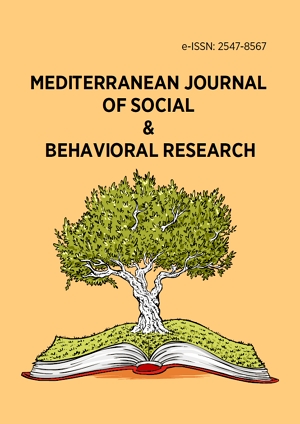Abstract
The rationale of this study was the paradigm shift due to the integration of the educational research methodology course into the curriculum of mathematics postgraduates. However, in most literature reported for postgraduates of education, social, and other science disciplines, who have often enrolled for it, the pedagogics of these curricula have not yet appropriately embedded in the content in a well-structured manner. Because postgraduates poorly conceived research methodology theories, they have been highly challenged in executing their research projects. This study aimed to examine the influence of the active-collaborative PowerPoint-based approach on postgraduates’ cognitive knowledge progress in achievement tests and writing and peer presentation skills on open-ended tasks. The mixed methods in a one-group pre-/post-test pre-experimental design were used. Data were collected using the five-point Likert scale questionnaire, achievement test and open-ended questions and analyzed through descriptive statistics, paired samples t-test and thematic analysis techniques. The findings reveal that the active-collaborative learning strategy highly contributed to postgraduates’ progress in cognitive performance on the achievement test as there was a statistically significant difference between post-test and pre-test scores; t(33)=17.3; p<0.05; η2=0.9. Postgraduates’ conception, understanding, justification, and discourse towards writing and peer presentation on open-ended tasks were not substantial.
License
This is an open access article distributed under the Creative Commons Attribution License which permits unrestricted use, distribution, and reproduction in any medium, provided the original work is properly cited.
Article Type: Research Article
MEDITERR J SOC BEH RES, Volume 7, Issue 3, October 2023, 141-149
https://doi.org/10.30935/mjosbr/13380
Publication date: 01 Sep 2023
Online publication date: 10 Jun 2023
Article Views: 2224
Article Downloads: 1224
Open Access References How to cite this article
 Full Text (PDF)
Full Text (PDF)